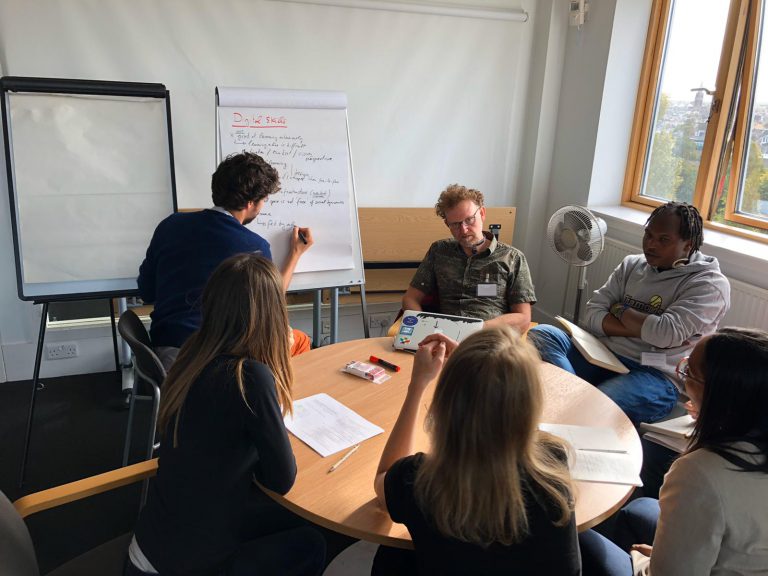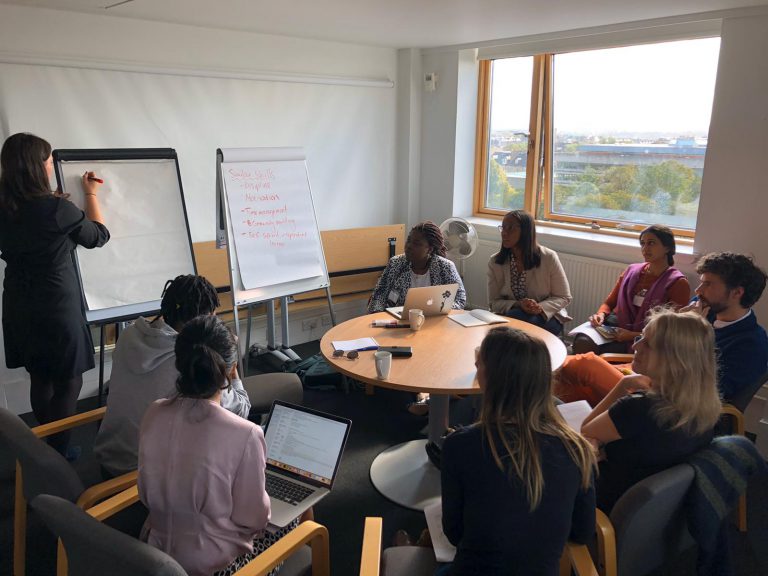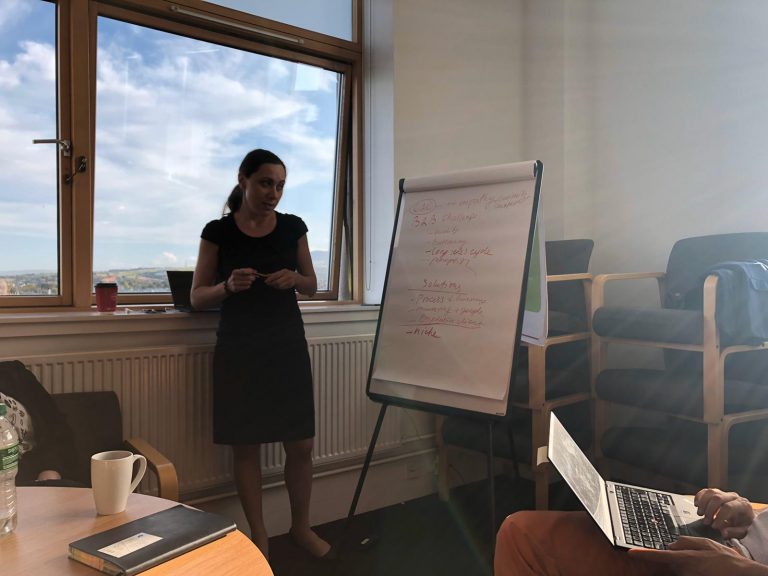
We believe that AI won’t take the jobs, Instead Machine Learning Data Labeling brings an opportunity for Inclusive Business models.
What is Inclusive Business?
The term Inclusive Business is defined by the United Nations and World Bank as sustainable practices and for-profit business that also benefits low income communities through its supply chain, by either targeting the community as buyers or hiring. The practice has been around, and both established companies and social entrepreneurs explored the potential to run commercially viable business – “inclusive”.
Here we meet the new dimension of “low income” community. Refugees, refugee vulnerable youth.
Last fall, I met the researchers that run Refugeework.net: Towards Fair Digital Livelihoods. Following the brief interviews In Lebanon, in September I joined the group of activists and social entrepreneurs operating in Kenya, Jordan, Lebanon, Greece and across other countries in Europe with inclusive business ideas. What is interesting, that most of the solutions presented and discussed navigate around Digital and Technology.
Because what is the difference between refugee with the smart phone and a digital nomad?
Our findings and challenges:
B2C and B2B businesses must have different marketing approaches. We believe that storytelling works well for business ideas like Natakallam – which offers personalized language training by refugees, and customers connect and understand their own contribution by choosing Natakallam as a platform for language training. For B2B businesses, only the the service quality matters, and any associated social impact is only a bonus. While Impact Sourcing is valued by some companies, it is still not a sufficient entry to market for the social enterprises, we need to master quality delivery and service.
Legal challenges to hire refugees are significant. While bringing low income community to inclusive business model has been already a challenge, for social enterprises working with refugees, a path to solve hiring, payment and tax issues is painful.
Unequal technology access. We, at TaQadam, proud to have worked our ways using mobile image annotation app, but in certain post-conflict environments, access to both internet and computers is low.
Some countries are just “special” for their political environment. As such, it is important for social entrepreneurs to be risk-aware when it comes to legislation, inflation, political stability. As recent challenges in Lebanon have shown, we are happy to build a workflow around it, but generally we are looking for option to have our business model replicated in different geographies.




